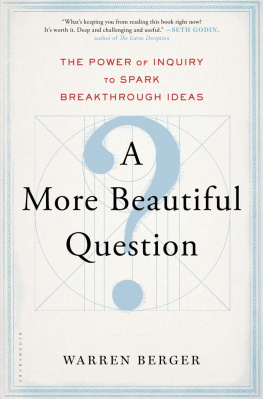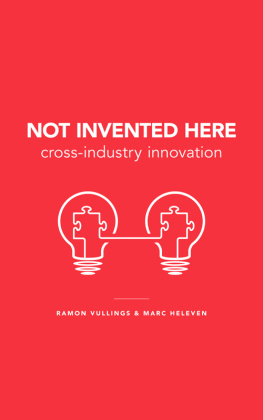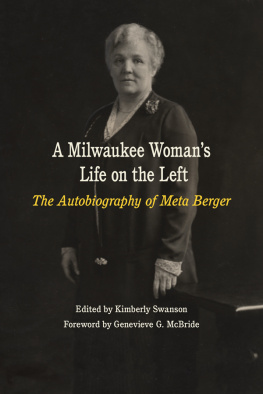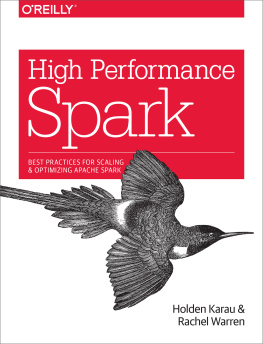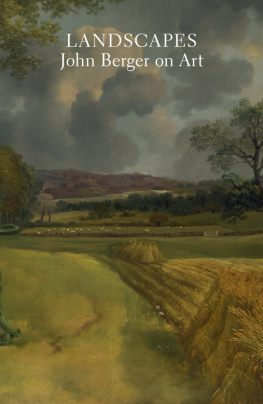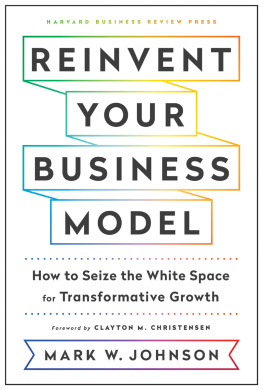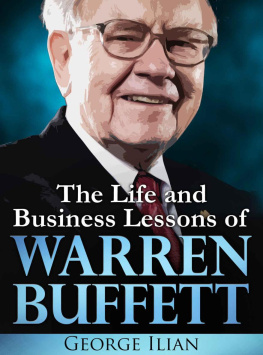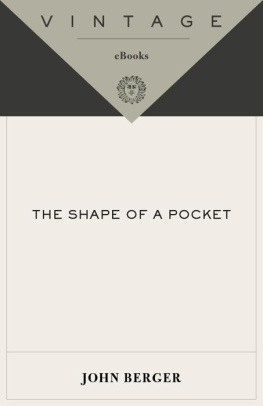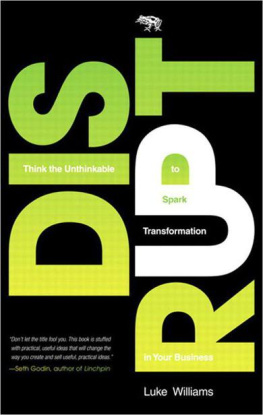
Always the beautiful answer
Who asks a more beautiful question.
E.E. Cummings
Contents
Introduction
As a journalist, Ive been asking questions my whole professional life. But until a few years ago, I hadnt thought much about the art or the science of questioning. And I never considered the critical role questioning plays in enabling people to innovate, solve problems, and move ahead in their careers and lives.
That changed during my work on a series of articles, and eventually a book, on how designers, inventors, and engineers come up with ideas and solve problems. My research brought me in contact with some of the worlds leading innovators and creative minds. As I looked at how they approached challenges, there was no magic formula, no single explanation, for their success. But in searching for common denominators among these brilliant change-makers, one thing I kept finding was that many of them were exceptionally good at asking questions.
For some of them, their greatest successestheir breakthrough inventions, hot start-up companies, the radical solutions theyd found to stubborn problemscould be traced to a question (or a series of questions) theyd formulated and then answered.
I thought this was intriguing, but it only had a small part in the book I was working on, so I tucked the idea away. Subsequently, I began to noticeas is often the case when something has come onto your radarthat questioning seemed to be everywhere I looked. In the business world, for instance, as I interviewed corporate executives for my writing in Harvard Business Review and Fast Company , I found a great deal of interest in questioning. Many businesspeople seemed to be aware, on some level, of a link between questioning and innovation. They understood that great products, companies, even industries, often begin with a question. Its well-known that Google, as described by its chairman, is a company that runs on questions, and that business stars such as the late Steve Jobs of Apple and Amazons Jeff Bezos made their mark by questioning everything.
Yet, as I began to explore this subject within the business sector, I found few companies that actually encouraged questioning in any substantive way. There were no departments or training programs focused on questioning; no policies, guidelines, best practices. On the contrary, many companieswhether consciously or nothave established cultures that tend to discourage inquiry in the form of someones asking, for example,
Much the same could be said about schools. Here again, as I talked to educators, I found a genuine interest in the subjectmany teachers acknowledge its critically important that students be able to formulate and ask good questions. Some of them also realize that this skill is apt to be even more important in the future, as complexity increases and change accelerates. Yet, for some reason, questioning isnt taught in most schoolsnor is it rewarded (only memorized answers are).
In talking to social entrepreneurs working on big, thorny global problems of poverty, hunger, and water supply, I found that only a few rare innovators were focused on the importance of asking the right questions about these issues. For the most part, the old, entrenched practices and approaches tend to hold sway. The nonprofit sector, like much of industry, is inclined to keep doing what it has donehence, well-meaning people are often trying to solve a problem by answering the wrong question.
In a way, this is true of all of us, in our everyday lives. The impulse is to keep plowing ahead, doing what weve done, and rarely stepping back to question whether were on the right path. On the big questions of finding meaning, fulfillment, and happiness, were deluged with answersin the form of off-the-shelf advice, tips, strategies from experts and gurus. It shouldnt be any wonder if those generic solutions dont quite fit: To get to our answers, we must formulate and work through the questions ourselves. Yet who has the time or patience for it?
On some level, we must knowas the business executive knows, as the schoolteacher knowsthat questions are important and that we should be paying more attention to them, especially the meaningful ones. The great thinkers have been telling us this since the time of Socrates. The poets have waxed on the subject: E. E. Cummings, from whom I borrowed this books title, wrote, Always the beautiful answer / who asks a more beautiful question . Artists from Picasso to Chuck Close have spoken of questionings inspirational power. (This great quote from Close was featured recently on the site BrainPickings: Ask yourself an interesting enough question and your attempt to find a tailor-made solution to that question will push you to a place where, pretty soon, youll find yourself all by your lonesomewhich I think is a more interesting place to be.)
Scientists, meanwhile, have been great proponents of questioning, with Einstein among the most vocal champions. He was asking smart questions from age four (when he wondered why the compass pointed north), and throughout his life Einstein saw curiosity as something holy. Though he wondered about a great many things, Einstein was deliberate in choosing which questions to tackle: In one of his more well-traveled quoteswhich he may or may not have actually saidhe reckoned that if he had an hour to solve a problem and his life depended on it, hed spend the first fifty-five minutes making sure he was answering the right question.
Part of it may be that we see questioning as something so fundamental and instinctive that we dont need to think about it. We come out of the womb questioning, noted the small-schools-movement pioneer Deborah Meier. And its trueany preschooler can ask questions easily and profusely. A recent study found the average four-year-old British girl asks her poor mum 390 questions a day; the boys that age arent far behind. So then, it might be said that questioning is like breathing: Its a given, an essential and accepted part of life, and something that anyone, even a child, can do.
Yet chances are, for the rest of her life, that four-year-old girl will never again ask questions as instinctively, as imaginatively, or as freely as she does at that shining moment. Unless she is exceptional, that age is her questioning peak.
This curious fact, in and of itself, gives rise to all sorts of questions.
What are the ramifications of that, for her and for the world around her?
And
On the other hand, that four-year-old may turn out to be an exception; she may be one of the rare people who doesnt stop questioning, like Bezos and Jobs, or like one of the master questioners featured in this book. And if thats the case, well, that raises questions, too.
And
The business world has a kind of love/hate relationship with questioning. The business-innovation guru Clayton Christensenhimself a master questionerobserves that questioning is seen as inefficient by many business leaders, who are so anxious to act , to do , that they often feel they dont have time to question just what it is theyre doing.
And those not in leadership roles frequently perceive (often correctly) that questioning can be hazardous to ones career: that to raise a hand in the conference room and ask Why? is to risk being seen as uninformed, or possibly insubordinate, or maybe both.
Yetas recently documented in a fascinating research study of thousands of top business executivesthe most creative, successful business leaders have tended to be expert questioners. Theyre known to question the conventional wisdom of their industry, the fundamental practices of their company, even the validity of their own assumptions. This has not slowed their rise in businessrather, it has turbocharged it, to quote Hal Gregersen, a business consultant and INSEAD professor who, along with Christensen and another business professor, Jeff Dyer, coauthored the research showing questioning to be a key success factor among innovative executives.
Next page
